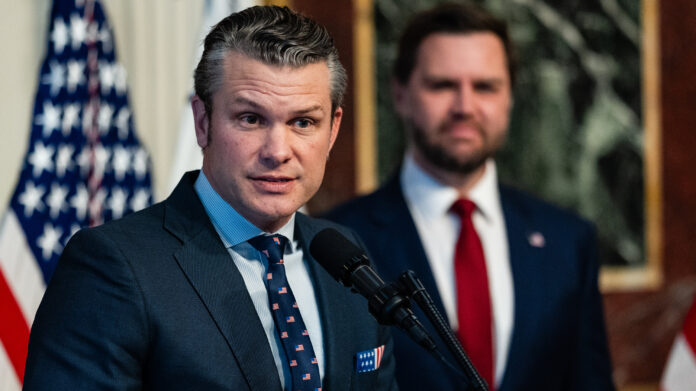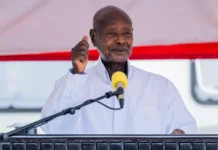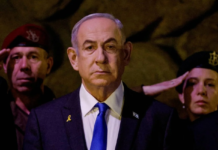By Michelle Ndaga
Defense Secretary Pete Hegseth has launched sweeping reforms aimed at reshaping the U.S. military, a campaign he says will restore discipline, readiness, and “warrior ethos” but which critics warn could roll back decades of progress on accountability and inclusion.
In a hard-hitting address at Quantico to dozens of top officers, Hegseth unveiled ten new directives tightening physical and grooming standards, revising oversight procedures, and shifting budget priorities. “If this vision makes your heart sink, you should resign,” he told the assembled commanders, underscoring his determination to redefine military culture.
Among the most controversial changes is a call for combat roles to adopt the “highest male standard,” a move that female veterans fear could effectively exclude women from frontline positions.
Hegseth also ordered a crackdown on what he termed “fat troops” and “fat generals,” demanding stricter fitness requirements at all ranks. Grooming rules are being toughened as well, with exemptions for beards and other accommodations set to face stricter review.
At the organizational level, Hegseth is revising definitions of bullying, hazing, and harassment, arguing that current oversight channels have been “weaponized.” Plans include curbing anonymous complaint systems and giving commanders greater discretion in handling allegations—a step watchdogs and rights groups say risks silencing victims.
Budget reforms are also central to his agenda. Resources are being redirected from what Hegseth described as “non-priority programs” toward missile defense, drone warfare, and other high-tech capabilities.
At the same time, the Judge Advocate General’s corps is being restructured to give commanders broader legal leeway in battlefield decisions, a shift likely to spark debate over rules of engagement.
Supporters see Hegseth’s campaign as a necessary reset to ensure U.S. forces remain leaner, tougher, and combat-ready against rivals like China.
Detractors, however, argue the reforms could harm morale, undermine recruitment, and erode protections against abuse. Many also note Hegseth’s frequent references to the military culture of the 1990s a period marred by high-profile scandals such as Tailhook—as cause for concern.
The sweeping shake-up marks one of the most aggressive cultural and structural overhauls at the Pentagon in decades. Whether it strengthens the armed forces or deepens divisions within them remains to be seen.



















